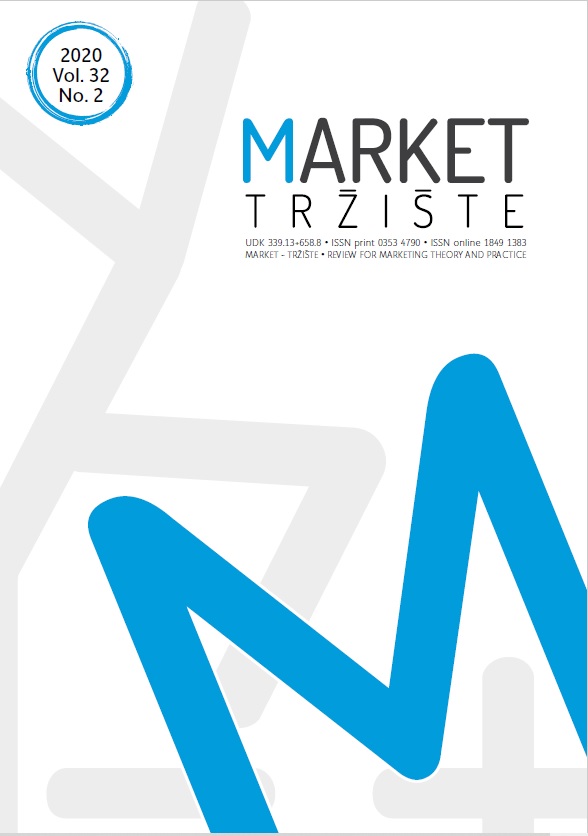The Role of Trust-Based Active Participation as a Learning Mediation Concept for Leveraging the Impact of Information Technology on Creative Performance
The Role of Trust-Based Active Participation as a Learning Mediation Concept for Leveraging the Impact of Information Technology on Creative Performance
Author(s): Iwan Hermawan, Suharnomo SuharnomoSubject(s): Business Economy / Management, ICT Information and Communications Technologies
Published by: CROMAR (Hrvatska zajednica udruga za marketing) i Ekonomski fakultet Zagreb
Keywords: information technology; trust-based active participation; creative performance;
Summary/Abstract: Purpose – While information technology (IT) has an important role in organizational development nowadays, in many previous studies, it was not found to have a significant direct effect on performance, thus producing a gap. The novelty of this study lies in building a conceptual model aimed at explaining the inconclusive gap research. Information technology in its capacity as infrastructure has the role of providing knowledge induction support to organizations, thus providing another dynamic concept, one of which is learning. In many previous studies, researchers completed the inconclusiveness gap of this research by using an approach derived from the organizational learning (OL) theory. However, this leaves a new inconclusiveness because the gap cannot be resolved just by ordinary organizational learning but refers to a concept of tacit, cohesive trust-based learning. The cohesive concept is intended to dynamize the organizational learning process. Design/methodology/approach – The sample is a design-based fashion SME that has been established for a minimum of three years, the SME business line is relevant to the variables displayed because SMEs face strong demands to build their knowledge by getting brilliant ideas to continue to survive in a creative industry. The analytical tool used is Structural Equation Modeling (SEM). Findings and implication – The results of analysis build on the equation CP=0.599IT+1.524TBAP-0.288RTC. They provide empirical evidence that trust-based active participation (TBAP) has succeeded in becoming a full mediator that has a significant influence on the role of IT, β= 0.96, p<0.001 on creative performance (CP) β = 1.70, p<0.001. This paper fills the body of knowledge in the domain of organizational learning with trust-based active participation as a concept novelty.Limitation – While the value of AGFI 0.869 is smaller than cut off (0.90), that figure is still considered fit. Originality – This paper offers TBAP as a novelty in trying to fi ll the research gap. Value trust is inherent in teamwork within mutual learning induction organizations, where trust is presented to highlight cohesiveness in teamwork and the understanding that team members are not competitors. In the future, they will create a safe zone of sharing in learning, this condition will in turn encourage tacit knowledge, mastered by the members which can be shared in teams as repositories of organizational knowledge.
Journal: MARKET/TRŽIŠTE
- Issue Year: 32/2020
- Issue No: 2
- Page Range: 221-235
- Page Count: 15
- Language: English

